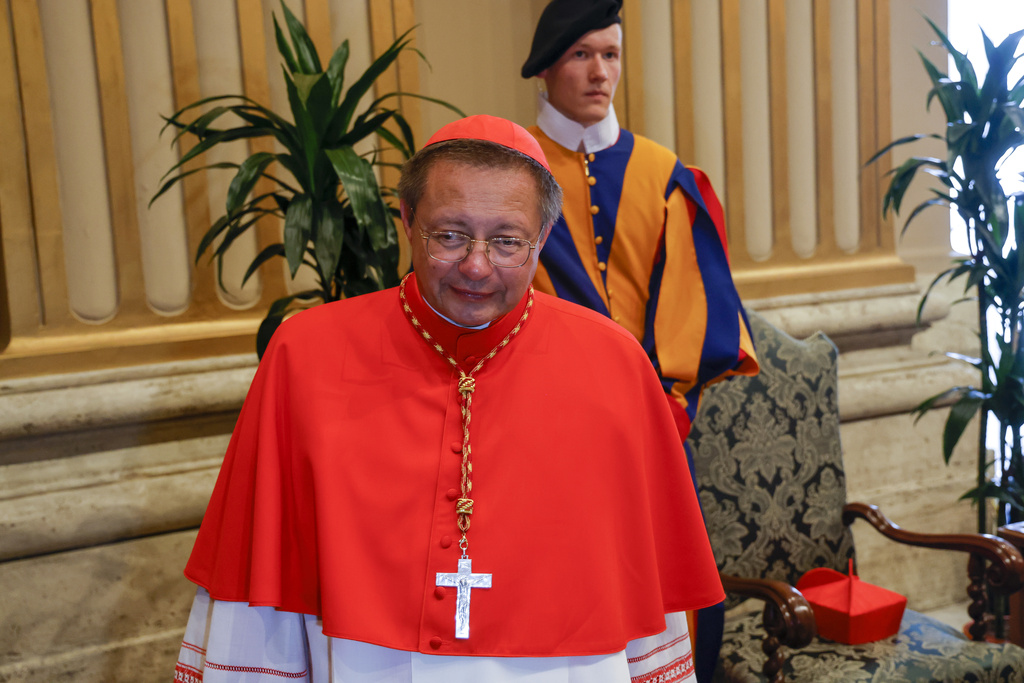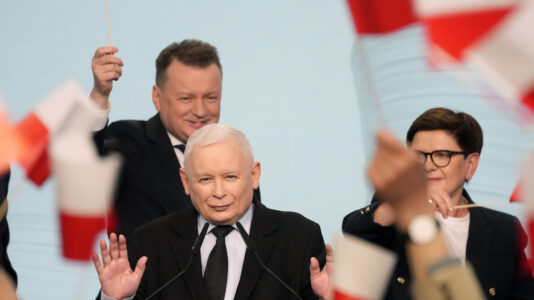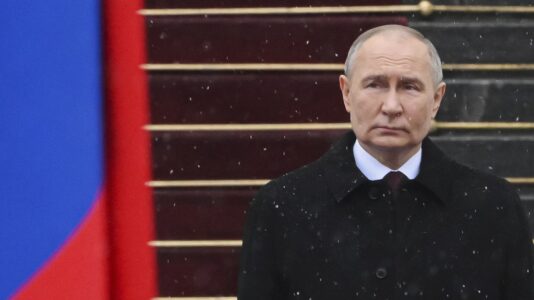Warsaw Mayor Rafał Trzaskowski has enacted policies prohibiting religious symbols in city offices, sparking significant debate among religious and political figures.
Warsaw is the first Polish city to implement such a ban, preventing civil servants from displaying religious symbols on their desks, as reported by Gazeta Wyborcza.
Addressing the media, Archbishop of Łódź Cardinal Grzegorz Ryś criticized the approach of stripping public spaces of religious identity, emphasizing that a true community involves embracing individual identities rather than nullifying them. “We have a crucial lesson to learn; a community among people is not a community of erased individuals,” he stated.
Cardinal Ryś highlighted the British model of religious neutrality where the state funds both public and private schools, including faith-based ones, as an example of supporting diversity without enforcing uniformity. “Neutral support builds a community; demanding that everyone erase their beliefs does not,” he declared, expressing hope that the Holy Spirit leads toward a different experience of community — one that respects diversity.
Archbishop of Warsaw Cardinal Kazimierz Nycz also weighed in, reminding people that historical attempts by states to enforce the absolute erasure of religious identities have never led to anything beneficial. He stressed the importance of pluralism and respect for all societal groups and their customs, including religious symbols.
Amid these ecclesiastical concerns, Mayor Trzaskowski defended the ordinance, clarifying that it aims to address inquiries about the appropriateness of religious symbols in government spaces and ensures neutrality and non-discrimination. He assured that “no religious crusades or dogmatic practices are intended,” and the policy excludes hospitals, schools, and social centers.
The mayor further stated that traditional events, such as the 1944 Warsaw Uprising commemorations, will maintain their historical religious components. He also noted the continuation of ecumenical prayers at significant sites like the Wolski Cemetery.
The new directive has prompted backlash from some political quarters, with MP Sebastian Kaleta from the Law and Justice (PiS) party announcing plans to challenge the policy legally, claiming it violates constitutional guarantees of religious freedom.






